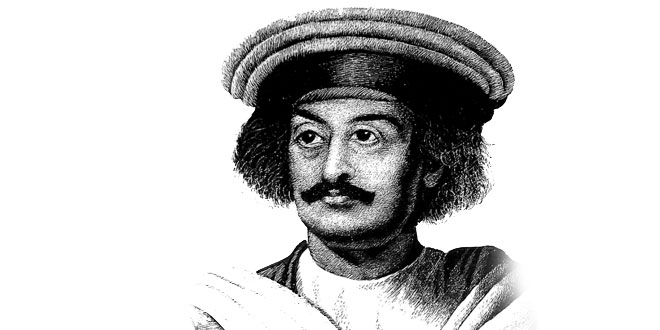Question: What was the condition of the untouchables in British India?
Answer: The people who were of lower castes were not allowed to enter in the temple because of the caste difference created by the Brahmans. They were not respected and were abandoned. They were not allowed to drink water from wells used by the people of high castes.
Question: Name some association that worked for socio-reforms. Also list the social evils against which they raised their voice.
Answer:
- Brahmo Samaj: In 1828, Raja Ram Mohan Roy in Calcutta to work for social and religious reforms. Debendranath Tagore and Keshab Chandra sen were actively involved in its activities.
- Veda Samaj: The Veda Samaj was founded in Madras in 1864. It was based on the ideals of the Brahmo Samaj. Its most important leader was Chembeti Sridharalu Naidu. The association attacked superstitions and the caste system. It also promoted women’s education and encouraged the remarriage of widows.
- Prarthana Samaj: Mahadev Govind Ranade and Ramakrishna Bhandarkar founded the Prarthana Samaj in Bombay in 1867. The association worked for the abolition of the caste system and untouchability, improving the social status of women, window remarriage, Hindu-Muslim unity and the spread of modern education.
- Satyashodhak Samaj: In 1873, Jyotirao Govindrao Phule, Affectionately called Mahatma Phule of Jyotiba, founded the Satyashodhak Samaj. Caste equality and upliftment of the oppressed classes.
- Arya Samaj: Swami Dayanand Saraswati in 1875. Worked for the other things, the association worked for the remarriage of windows.
- Ramakrishna Mission: Swami Vivekananda 1897, socio-religious reforms. His guru was Swami Ramakrishna Paramhansa.
Question: ‘The condition of women in nineteenth-Century India was pitiable.’ Elaborate this statement with regard to the social evil that plagued them.
Answer: Women were not allowed to study. They did not have the right to inherit property. The social evils were:
-
- The practice of window burning or ‘sati’
- The pitiable condition of windows
- lack of education among girls
- Child marriages
- Female infanticide, that is the practice of killing a girl soon after birth
- Polygamy, that is, the practice of having more than one wife and
- Purdah System
 Class Notes NCERT Solutions for CBSE Students
Class Notes NCERT Solutions for CBSE Students


